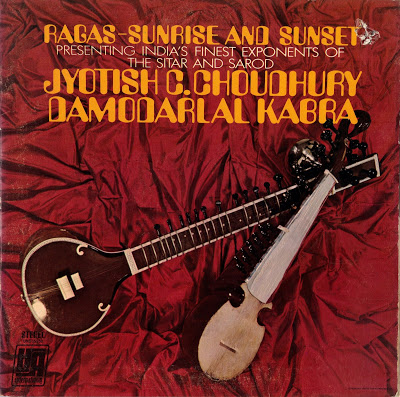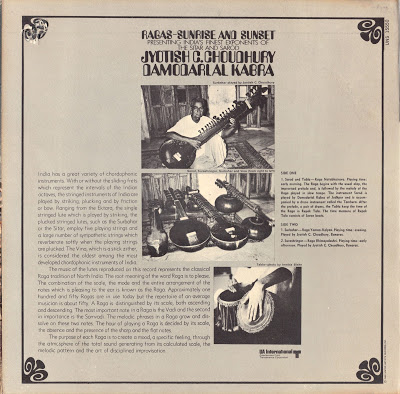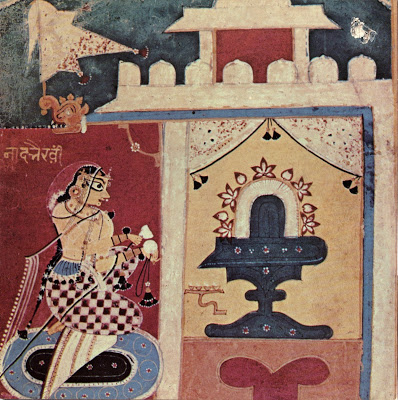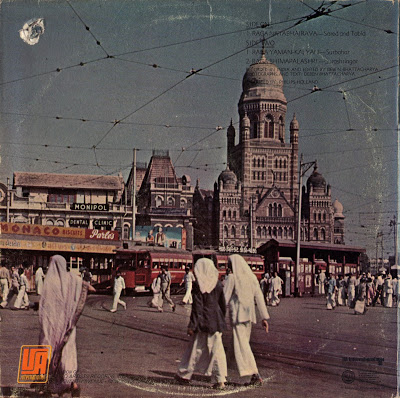Beautiful tape by the legendary munshid and singer of the classical Arab music of Aleppo, Syria. Here Sabri Moudallal, with his ensemble of munshidin, presents a traditional Mouled an-Nabi (birthday of the prophet) repertoire, partly accompanied by Bendirs (frame drums). I obtained this cassette in the late 1990s at a concert he gave in the Haus der Kulturen in Berlin.
SABRI MOUDALLAL
1918 -2006
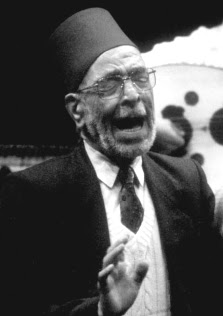
Born in Aleppo in 1918, highly esteemed by native Aleppians but scarcely known beyond the city limits, he has almost always lived outside the " star system ". His talent was revealed relatively late on his life, from the seventies on, when he gave a series of concerts in Paris with his group of the time, a vocal quartet known as " The Muezzins of Aleppo ". Ever since then he has received constant requests from abroad, has been appointed principal muezzin of the city and was even decorated in 1996 by Farouk Hosni, the Egyptian Minister of Culture.
His lack of interest in promoting his art has actually handicapped him in the past to such an extent that his name is not even to be found amongst those quoted in the two key works on contemporary Syrian music, by Adnân Bin Dhurayl (Damascus 1988) and Samîm al-Sharîf (Damascus, 1991). Sabri Moudallal was one of Syria's greatest vocal artists, with a prodigious output as a composer. He has taken the art of the flourish to its highest degree, even developing a vocal technique enabling him to take his breath whilst singing. Although he remained a faithful adept of the sacred song, he was equally at home in the secular repertory. In spite of his great age, he was still pursuing his career. He was a pupil of Umar al-Batsch himself, and his great speciality was the wasla, of which he was a true master in every aspect, down to the most minute detail. Like his master he had also put his hand and skill to composition in the traditional style. There are several very beautiful songs by his hand ; two of these " Ahmad yâ habibi " and " Ilâhî " have been recorded for " The Aleppian Music Room ". Sabri Moudalal passed away in August 2006.
1918 -2006
Born in Aleppo in 1918, highly esteemed by native Aleppians but scarcely known beyond the city limits, he has almost always lived outside the " star system ". His talent was revealed relatively late on his life, from the seventies on, when he gave a series of concerts in Paris with his group of the time, a vocal quartet known as " The Muezzins of Aleppo ". Ever since then he has received constant requests from abroad, has been appointed principal muezzin of the city and was even decorated in 1996 by Farouk Hosni, the Egyptian Minister of Culture.
His lack of interest in promoting his art has actually handicapped him in the past to such an extent that his name is not even to be found amongst those quoted in the two key works on contemporary Syrian music, by Adnân Bin Dhurayl (Damascus 1988) and Samîm al-Sharîf (Damascus, 1991). Sabri Moudallal was one of Syria's greatest vocal artists, with a prodigious output as a composer. He has taken the art of the flourish to its highest degree, even developing a vocal technique enabling him to take his breath whilst singing. Although he remained a faithful adept of the sacred song, he was equally at home in the secular repertory. In spite of his great age, he was still pursuing his career. He was a pupil of Umar al-Batsch himself, and his great speciality was the wasla, of which he was a true master in every aspect, down to the most minute detail. Like his master he had also put his hand and skill to composition in the traditional style. There are several very beautiful songs by his hand ; two of these " Ahmad yâ habibi " and " Ilâhî " have been recorded for " The Aleppian Music Room ". Sabri Moudalal passed away in August 2006.
from: http://www.alkindi.org/anglais/artists/artists_sabri.htm
see also: http://www.turath.org/Articles/Sabri.htm
see also: http://www.turath.org/Articles/Sabri.htm
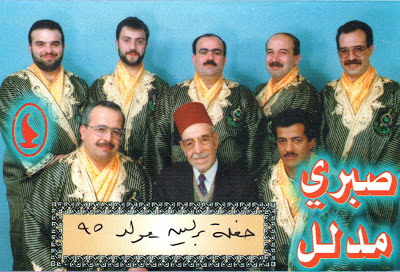
%20-%20front.jpg)
%20-%20back.jpg)
